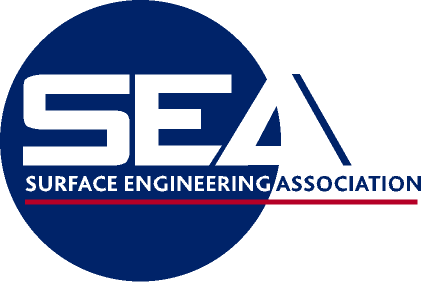(In no particular order)
The Coronavirus pandemic had an unprecedented impact on UK Manufacturing, but our sector remained open and ready to support all key sectors.
1. The SEA maintained close contact with the UK Government, Ministers and Departments to ensure that our sector was designated as a key sector and could remain operational during the pandemic. The Secretary of State for Business, Energy & Industrial Strategy confirmed, by letter, the importance of our sector to UK Manufacturing and that it could remain open during the pandemic.
2. Lord Whitby, our President, continued discussion with BEIS – Department for Business, Energy & Industrial Strategy regarding the impact of high energy prices and high “green” taxes which was making the sector uncompetitive in the global market place
3. Our UK Lobbying activities continued with further meetings held with DEFRA, BEIS, HSE and Environment Agency. These discussions centered on sector specific issues that were having a damaging impact on the sector.
4. The SEA launched a REACH authorisation consortium for chromium trioxide in order to protect members and allow them to continue to operate in a safe manner and to support UK manufacturing.
5. The SEA has worked closely with Sheffield Hallam University to deliver the HiPIMS international conference. The event was held online and was a great success. It is hoped that we can all meet face to face for the 2022 conference being held in June in Sheffield.
6. We have been working closely with organisations in our sector to develop a surface engineering / materials processing apprenticeship scheme and career development programmes through to Masters Level with Cranfield University. A level 7 apprenticeship (Master level) is now being run by Cranfield University and SME’s can take advantage of Government support and pay just 5% of the cost of the course.
7. The SEA continues to operate in a financially sound manner and has developed sufficient reserves to continue to develop over the coming years. We operate as a not-for-profit organisation with any surpluses being retained for the future development of the sector.
8. The high profile that the SEA now enjoys means that we were involved with numerous consultations during the year from the Environment Agency, HSE, DEFRA, BEIS, and many European regulatory bodies.
9. We gave a series of webinars with the support of the BSTSA and covered a range of topics including waste reduction, roadmap out of lockdown, the use of XRF in our sector and water usage reduction strategies.
10. The SEA now has wide-ranging representation on many committees / organisations engaged in / with the surface engineering sector at a regional, national and European level including;
a. European Commission Technical Working Group – STM BREF
b. Environmental Permitting Programme Stakeholder Committee
c. Metals Industry Liaison Group
d. Surface Engineering Board of the Institute of Material, Minerals & Mining
e. European Committee for Surface Engineering (CETS)
f. BSI Committee STI/33 Electrodeposited and other coatings
g. Nickel REACH Consortium
h. Nickel Institute / CETS Nickel Working Group
i. BEIS Focus Groups regarding climate change agreements & energy policy
j. Cross-sector REACH group
k. Silver REACH Consortium
l. SELF – Surface Engineering Leadership Forum
11. We continued to supported the development of the DSM Network Plus at the University of Manchester. The Network received £1 million funding from the Engineering & Physical Sciences Research Council (EPSRC) to bring together diverse expertise and capabilities in the UK academia to enhance digitalization in the surface manufacturing sector.
12. The SEA was audited against our 3 ISO accreditations, ISO 9001, ISO 14001 and ISO 45001 and we passed all 3.
